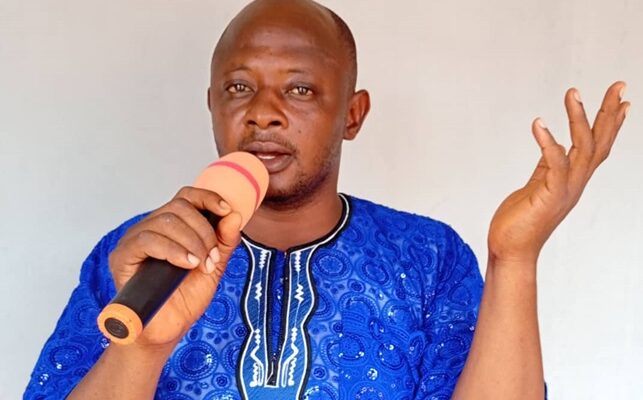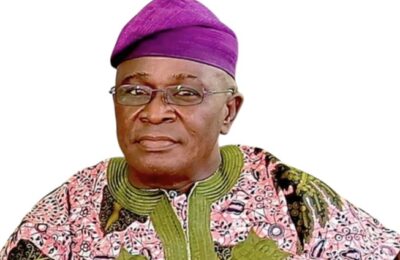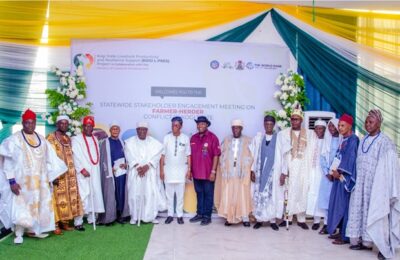“Zacchaeus, hurry and come down, for I must stay at your house today.” — Luke 19:5 (ESV)
Abuja, Nigeria — In a nation beleaguered by entrenched corruption, political perfidy, and the relentless plundering of public coffers, the story of Zacchaeus offers more than a Sunday School anecdote—it presents a blueprint for national moral resurrection. Nigerian politicians, frequently indicted in the court of public opinion for systemic looting, still possess the opportunity to ascend their metaphorical sycamore tree and behold the transforming gaze of integrity, grace, and renewal.
Former President Olusegun Obasanjo once remarked, “Leadership is not about personal gain but sacrificial service to the people.” This profound truth reflects the very ethos of the Gospel. Zacchaeus, a chief tax collector complicit with the Roman imperial system, was widely reviled by his own people. Yet, through a simple yet symbolic act of climbing a tree, he positioned himself for an encounter that redefined his identity and mission.
“If a man is willing to look foolish by climbing a tree, he might just get a glimpse of eternity,” said Apostle Joshua Selman during a recent sermon in Lagos. Nigerian political actors must be courageous enough to embrace such vulnerability. Ascending a figurative sycamore tree demands introspection, confession of guilt, and a deliberate openness to moral recalibration.
Transparency International continually ranks Nigeria among nations struggling with pervasive institutional corruption. Despite numerous prosecutions spearheaded by the Economic and Financial Crimes Commission (EFCC), the vicious cycle of graft remains unbroken. Why? Because many of those at the helm of power have failed to initiate authentic self-examination and restorative justice.
Luke 19:8 records: “But Zacchaeus stood up and said to the Lord, ‘Look, Lord! Here and now I give half of my possessions to the poor, and if I have cheated anybody out of anything, I will pay back four times the amount.'” Imagine a scenario in which Nigerian governors, senators, and ministers not only recite these words, but incarnate them—through structural reforms, public contrition, and tangible restitution.
Bishop David Oyedepo has asserted, “Righteousness exalts a nation, but sin is a reproach to any people.” Nigeria’s path to greatness lies not in the perpetuation of recycled leadership but in the moral resurgence of those who occupy its political echelons. Zacchaeus’ redemption was not predicated on his wealth or political office, but on his willingness to transform.
As Chinua Achebe wisely observed, “The trouble with Nigeria is simply and squarely a failure of leadership.” But what if today’s custodians of power paused, climbed a symbolic ladder of humility, and positioned themselves to be seen by the One who perceives all?
Jesus concluded in Luke 19:10, “For the Son of Man came to seek and to save the lost.” Nigeria’s political class is not beyond redemption. But redemption, by its nature, demands decisive action and public accountability.
This is a moment of reckoning. Each Nigerian politician must ask: Which tree must I climb? What pride must I relinquish? Which injustices must I amend?
For when Zacchaeus descended from his perch, salvation did not merely visit his household—it reverberated through his community.
And so it could be for Nigeria.
– Inah Boniface Ocholi writes from Ayah – Igalamela/Odolu LGA, Kogi state.
08152094428 (SMS Only)




